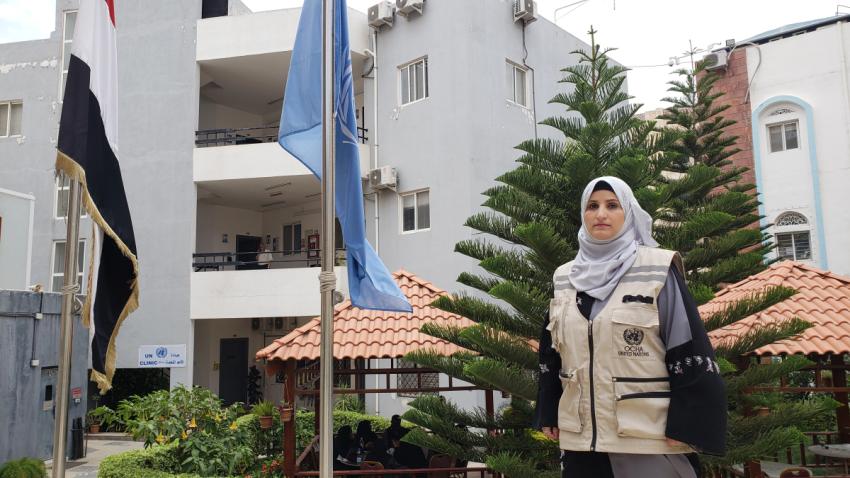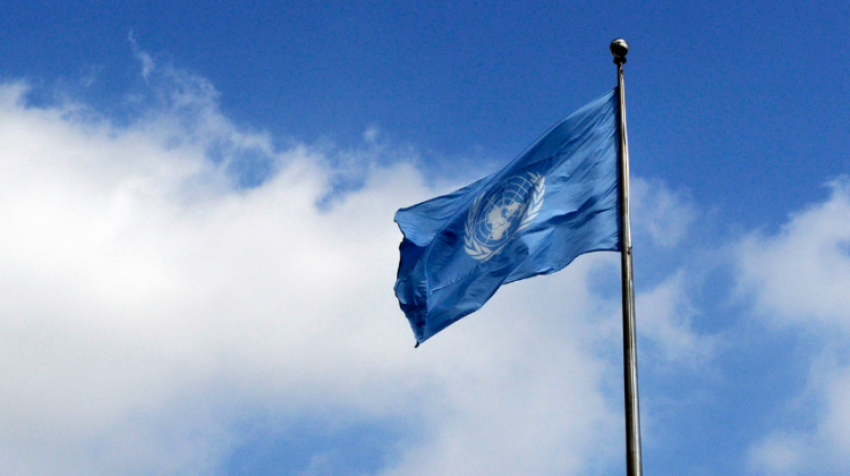Abdoulaye Sawadogo, Head of the Office for the Coordination of Humanitarian Affairs (OCHA) in the Central African Republic, explains the role of his office:
What are the most significant access challenges and opportunities today?
In the specific context of the Central African Republic (CAR), insecurity and physical isolation, especially during the rainy season, regularly cut off entire regions for months. These constraints demand deep local engagement to reach the populations we are mandated to serve.
In April, as Head of Office, I authorized a mission to reopen a northern route that had not been used for several months due to armed group activity. Though classified as “red” and typically requiring military escort, our team’s groundwork - engaging local communities, negotiating with stakeholders, and building trust - enabled the mission to proceed safely without military support.
Reopening the route unlocked emergency funding from the CAR Humanitarian Fund to support partner operations in the area and strengthen community trust, setting an example of how strategic preparation and principled action can help overcome access barriers.
How is the "Humanitarian Reset" transforming OCHA’s access strategy?
The Humanitarian Reset has already led to a reduced humanitarian footprint in CAR - fewer actors, smaller geographic coverage - but this comes with the risk of reducing our ability to understand the needs in remote areas, which in turn carries serious protection concerns for vulnerable populations.
This is why it is critical that we strengthen our collaboration with local actors - authorities, national NGOs, and communities. These relationships not only help maintain presence but also provide insights into evolving needs and dynamics, leading to a more effective and sustainable response.
How can we uphold humanitarian values when respect for international humanitarian law is eroding, and humanitarian values come under increasing attack?
Today’s humanitarian crises demand stronger and more sustained engagement from Member States to uphold international humanitarian law and protect civilians, including through enhanced humanitarian diplomacy.
Humanitarian access is not limited to aid delivery - it also involves critical legal, political, and cross-border dynamics. Addressing these requires engagement with a wide range of stakeholders to create enabling, durable conditions.
In several contexts where I have worked, groups controlling aid areas are labeled as terrorists or criminals, often underpinned by national legislation. This severely challenges our work and the application of humanitarian principles. In such cases, we have had to negotiate exemptions and engage in quiet diplomacy to preserve access and protect our teams.




